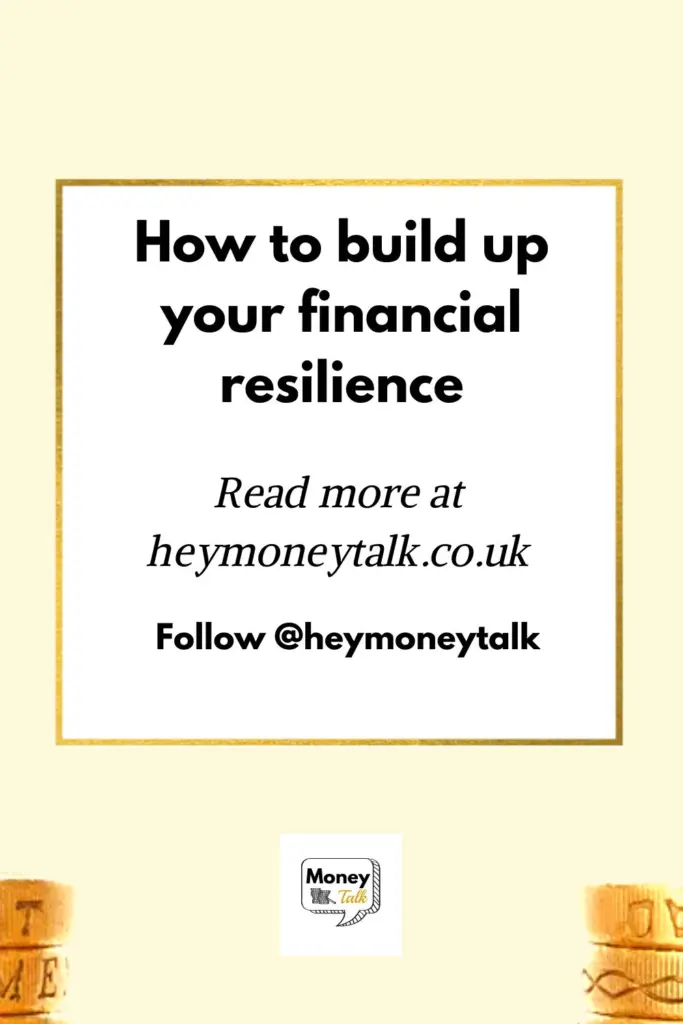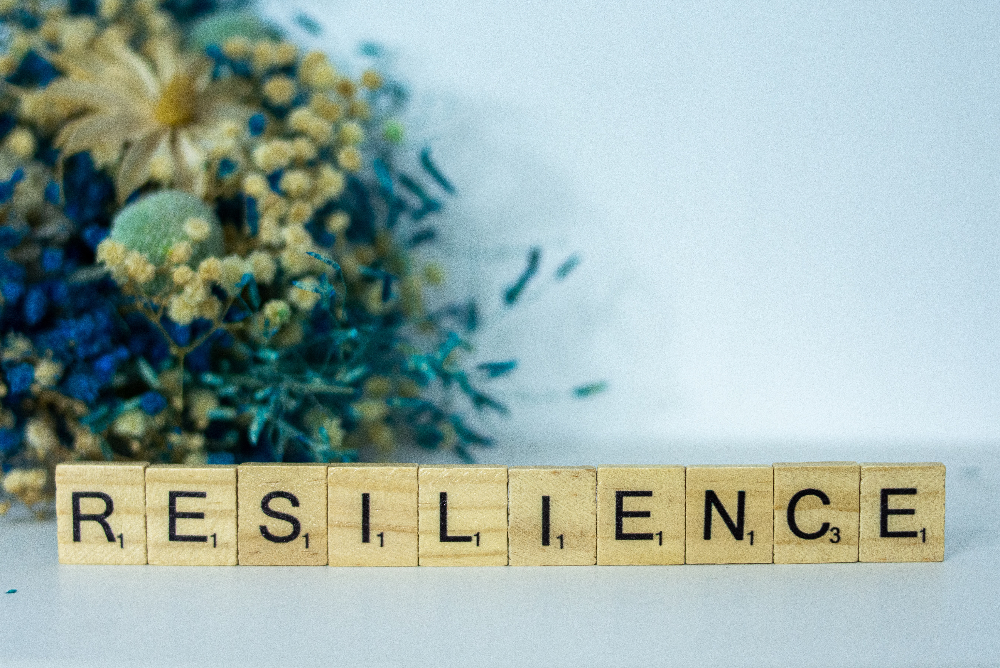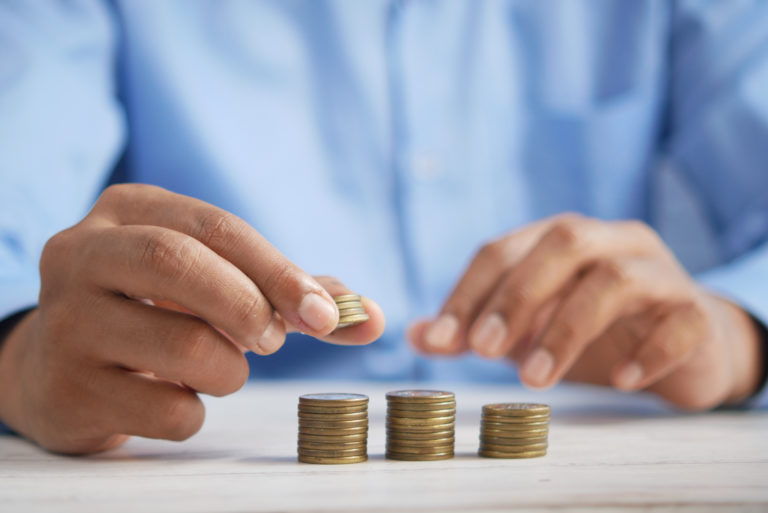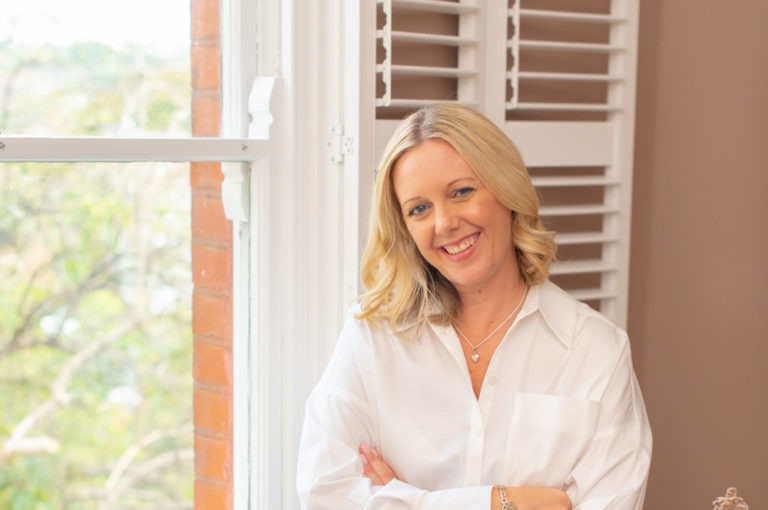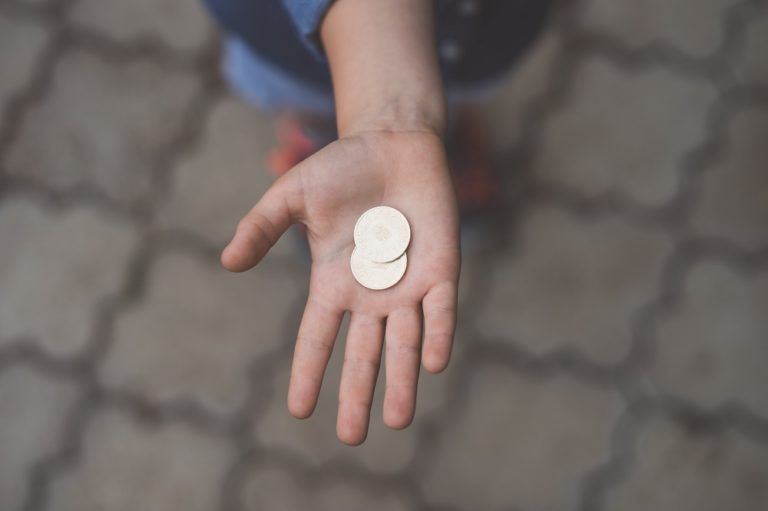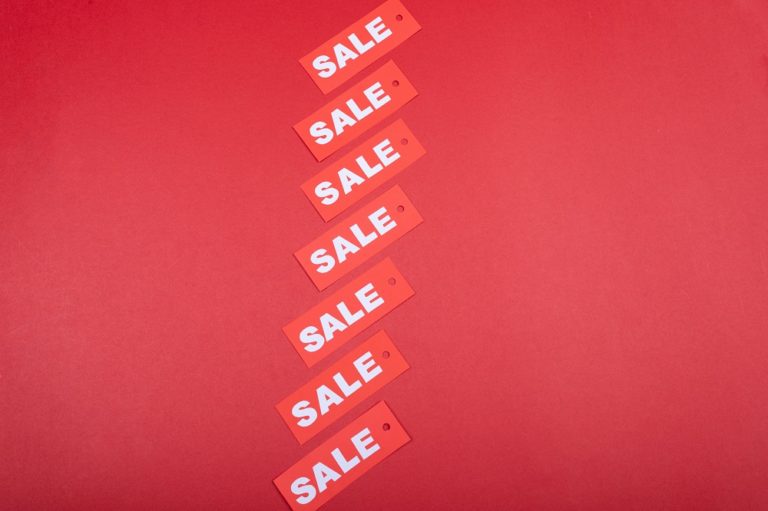How to build up your financial resilience
Money Talk is intended to inform and educate; it's not financial advice. Affiliate links, including from Amazon, are used to help fund the site. If you make a purchase via a link marked with an *, Money Talk might receive a commission at no cost to you. Find out more here.
Have you already given up on your new year’s resolution? Did you even have one?
One year I promised myself to read more books and then spent the rest of the year being stuck on chapter one of Tiny Habits*, a philosophy of how incremental changes can slowly transform the way you live.
When it comes to money though, I’m much more on top of things.
I’ve had to be – a bout of unexpected illness meant I had to take extended time off last year, not to mention all the hours spent on hospital appointments leading up to surgery.
When you’re a freelancer like me, no work means no pay.
I’ve managed to make things work, but I’m definitely in a position where I need to catch up financially in the coming year.
So this Money Talk is all about financial resilience. After all, being financially prepared was how I managed to get through the past year.
What is financial resilience?
Financial resilience is basically your ability to overcome situations that might negatively affect your financial position.
It might be something that affects your income, like an illness that means you can no longer work, or losing your job; or it could be an unexpected event that adds to your financial burden, like the washing machine breaking and flooding your home.
The more financially resilient you are, the less these events will affect you financially.
How to build your financial resilience
There are lots of ways to build financial resilience and your approach might be slightly different depending on your circumstances.
However, the following four things are pretty universal for everyone.
Have an emergency fund
I’ve written a lot about the importance of having an emergency fund but it really is the basics of being financially resilient.
Having a pot of money that’s worth three to six months in living expenses helps in two ways.
First, it can help stop you getting into debt when there’s a negative impact on your finances.
And second, it takes the stress off so you can focus on getting things back on track.
You should think of it differently from savings.
The aim of having an emergency fund is not that you’re saving towards something to buy, but to have that money there as a buffer in case something happens.
It means if you do dip into it, you should try to refill as soon as you can.
Get insurance coverage
There are all sorts of insurance products out there, ranging from travel insurance to home and car insurance.
You don’t need all of them, but it’s worth taking a look at what’s out there and how they might help secure your lifestyle.
When I wrote about sick pay for the self employed for example, I wrote about how things like income protection insurance and critical illness cover can be essential, especially if you’re the sole breadwinner in your household and you have a mortgage to pay.
Diversify your sources of income
For freelancers, having multiple sources of income is essential for survival.
It means if you lose one client, you’ll have others to fall back on.
But it’s not just about having more than one source of income, it’s about balancing their weighting.
If you have a client that makes up 80% of your income then you need to think about what happens if you lose that client.
For those in a salaried position, it’s less of a concern but economic shifts mean people are made redundant all the time.
So even if you’re happy in your job, it’s worth keeping an eye on what’s around (including in a different team at your work), networking and upskilling so it’s easier to find another job if you lose your current one.
Read this: How to boost your income with side hustles
Have a long term plan
Thinking about the future, what it might entail and what you might need to support your lifestyle will completely shift your perspective.
It doesn’t necessarily have to be all the way into retirement – although you should also keep that on the horizon – but it does have to be far enough that you’ll look at your income, expenditure and savings.
Because when you think about the future, you’ll reassess what you’re doing right now and how it might need to change.
Read this: How to create your own financial plan
Pin this for later
